Preparing for a Nose Job: Do's and Don'ts before Rhinoplasty
Facial Plastic Surgery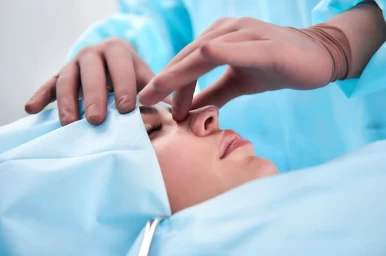
Rhinoplasty or nose job is a surgical procedure that eliminates the functional and aesthetic defects of the nose. If you have a bulbous nasal tip, droopy nose, nasal hump, deviated septum, polyp, septal perforation, etc., you are a good candidate for this type of nose surgery. Needless to say, the surgery method (open or closed), the experience of the surgeon, and how to prepare for rhinoplasty greatly impact the operation's results. This article provides a complete guideline on what to do before a nose job.
Tips for Preparing Before Rhinoplasty:
A convenient and quick recovery after rhinoplasty depends on how you prepare your body and mind for the surgery. Therefore, it is necessary to consider the following tips before undergoing a cosmetic nose job:
- Ask someone to be your caregiver in the hospital because you cannot drive on the day of the operation. Also, after the surgery, you may have memory lapses and impaired judgment due to anesthesia, so it is necessary to have a caregiver after the nose job;
- Inject and take the medications prescribed by your doctor at the recommended time;
- Purchase ice packs, comfortable pillows, antibiotics, ointments, cotton applicators, wet wipes, and painkillers before the surgery;
- If you take certain medications or have a drug allergy, inform your surgeon and nurses;
- Practice breathing through your mouth for a couple of days before the surgery so that breathing won't be a problem for you in the first days after the surgery;
- Practice sleeping on your back because you cannot sleep on your sides for at least a week after the surgery.
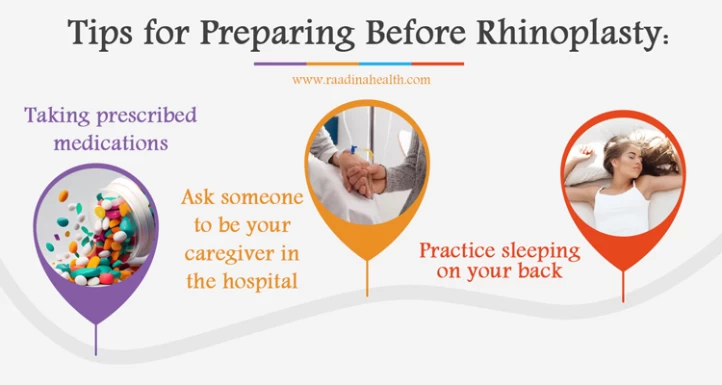
Things to Avoid Before Rhinoplasty
- Avoid taking anti-inflammatory drugs, blood thinners such as aspirin, and herbal supplements for at least ten days before nose surgery as they increase nose bleeding after the surgery;
- Avoid smoking for at least two weeks before the surgery as it can cause infection and respiratory insufficiency;
- Avoid vitamin E supplements, ginseng, and fish oil;
- Avoid topical creams containing salicylic acid and benzoyl peroxide for four days before the operation.
Things to Buy Before Rhinoplasty
Before rhinoplasty, list what you need during recovery and purchase the necessary items. If you don’t know what to buy before nose surgery, here is a list that may help.
Pharmacy
- OTC painkillers, especially the ones suggested by your doctor
- Decongestant nasal sprays such as Afrin (oxymetazoline)
- Antibiotic pills and ointments
- Hydrogen peroxide for cleaning the nostrils
- Cotton swab
- Wet wipe and soft tissues
- Saline nasal spray
- An ice pack or cold compress for your swelling
- Sterile gauze and pads
- Nasal tape
Grocery
- Your favorite soft foods that are easy to chew and can be stored in the fridge for a week (such as broth, soup, macaroni & cheese, mashed potato)
- Fresh fruits and juices. You can have fresh juices with your meal to get more nutrients.
- Healthy snacks that are easy to chew and digest, such as gummy bears and thin slices of dried fruit. Remember that it is hard to open your mouth and chew hard snacks after rhinoplasty, so avoid having crackers, popcorn, thick chips, and hard candies.
- Reusable straws for drinking water and juice.
- Tea can soothe your throat after rhinoplasty and warm up your body, but consult your doctor before having herbal teas.
Other
- As you should elevate your head when sleeping, you can buy comfortable neck pillows that help keep your head on a higher level than your chest.
- If you wear glasses, you can purchase contact lenses or small devices that suspend your frame so it won't apply pressure on your nose.
- A book, magazine, movie, or board game that will entertain you while you are at home.
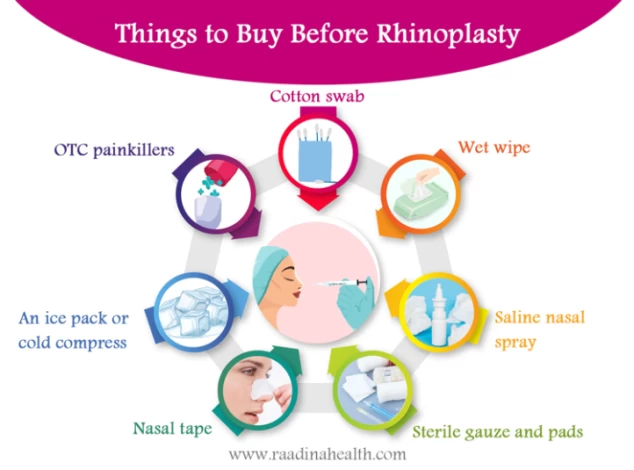
A Week before Rhinoplasty
Prepare your medical history.
A week before rhinoplasty, you must prepare a detailed and complete medical history and hand it to your doctor so they can choose the best surgical method and medications for you. If you have a food or drug allergy, a life-threatening disease, or had previous nose surgery, include it in your file.
Have your medications ready
ask your doctor what prescribed and OTC medications you must take after the surgery and prepare them beforehand. It would help if you also bought ointments, cold compress, gauze, and wet wipes from a drugstore.
Prepare your resting place.
The anesthetics used during the rhinoplasty will make you tired and nauseous after the surgery. So, preparing a warm and comfortable place with all the necessities you need in advance is essential. Also, if you have children, prepare a separate playing room and ask someone to babysit them for a week.
Go grocery shopping
Since after rhinoplasty, your nose is bandaged, you cannot go shopping; so, it is suggested that you buy groceries and necessary medications (such as antibiotics, sedatives, nasal spray, bandages, etc.) a couple of days before the operation so that you won’t have to get out of the house while you are recovering.
Be sure to get plenty of sleep.
Your body needs more energy to heal and recover after the surgery; therefore, it is crucial to have plenty of rest a week before nose surgery. A few days off from work is also recommended to prepare for the operation.

Prepare your favorite dishes.
Having a healthy and nutritious diet is of great importance after rhinoplasty surgery. Since you cannot chew well after a nose job, prepare soft and watery foods such as soup, pudding, and mashed potato a week earlier and store them in the refrigerator or freezer to eat them with minimal effort after the surgery. Also, stewing or steaming fruits such as apples and pineapples can speed up your wound healing process.
Keep your skin clean and moisturized.
To prepare your skin for the surgery, wash your face with a proper facewash twice daily and use a moisturizer immediately afterward. Remember that you cannot wash your face and use face creams for several days after cosmetic nose surgery, so taking care of your skin before the operation is better.
Drink plenty of water.
Having elastic and hydrated skin minimizes scarring after rhinoplasty. So, a week before the operation, drink water and fresh juice twice as much as you usually do.
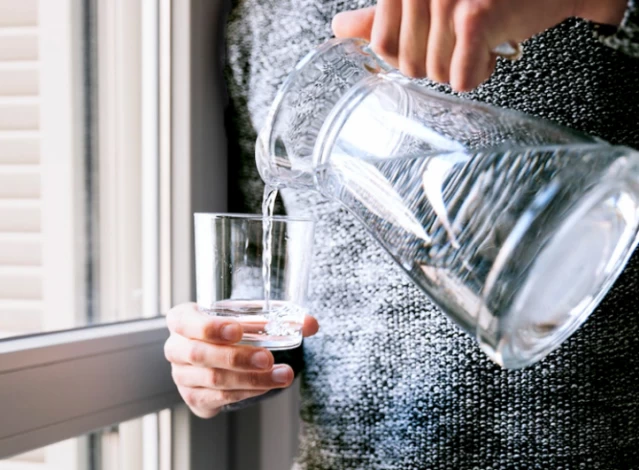
Avoid smoking and drinking alcohol.
Nicotine and alcohol cause high blood pressure and decelerate the healing process. As a result, you should avoid smoking and drinking for at least two weeks before the nose surgery.
Avoid sun exposure
As you may know, UV light can damage your skin and cause sunburn, skin cancer, premature aging, liver spots, etc. But most importantly, exposure to UV light for a long time suppresses the body's immune system and promotes the growth of harmful microbes on the skin. Therefore, you should avoid sun exposure for at least a week before a nose job.
Avoid taking certain medications.
Anti-inflammatory drugs, blood thinners such as aspirin, herbal supplements, ginseng, and vitamin E should be avoided for at least ten days before the operation. They increase nosebleeds after the surgery and may disrupt how anesthesia works during the operation.
Discuss your concerns with your surgeon.
One of the essential points about rhinoplasty is to be confident and well-informed about its different aspects. You can do your research or ask your surgeon about the procedure, risks, side effects, and recovery period of rhinoplasty in the consultation session.
The Night Before Rhinoplasty
Take a shower
Be sure to shower the night before the rhinoplasty because you cannot bathe for three to four days after the surgery.
Avoid eating and drinking.
Rhinoplasty is done under general anesthesia; therefore, you should avoid eating and drinking for 12 hours before the surgery to minimize the digestive problems caused by anesthesia. However, drinking plenty of water the night before the rhinoplasty is advised because water can balance your blood pressure and help you recover from anesthesia sooner.
Relax your body and mind.
Today, cosmetic nose surgery is considered a standard and simple procedure, so you don't need to be worried about it. However, if you are stressed out, practice yoga, call a friend or family member, listen to music, or practice deep breathing the night before the surgery to reduce your anxiety.
On the morning of the Nose Job Surgery
Please do not wear makeup, jewelry, or perfume on the morning of your nose job surgery, as they can irritate the operation. Also, wearing a shirt with buttons or a loose and comfortable T-shirt is recommended on the day of the surgery. After discharge from the hospital, you must put on your clothes, and if they are tight, they can hurt your nose when wearing.
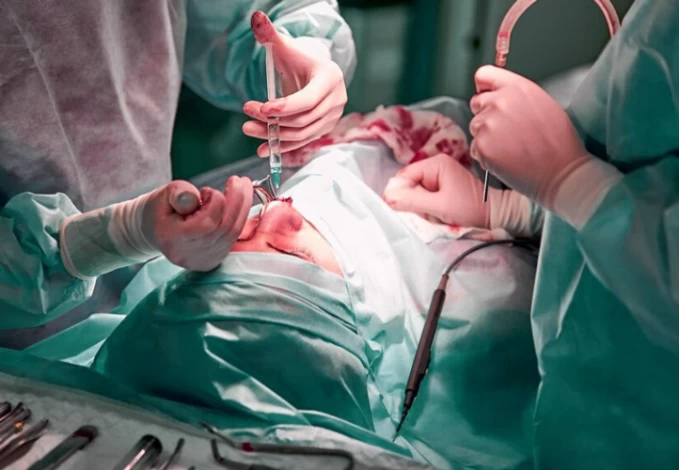
Morphing before Rhinoplasty
Usually, rhinoplasty surgeons first examine the internal and external structure of the nose as well as its skin properties. Then, they stimulate the nose's ultimate shape based on the face's form (round, oval, square, etc.), the size of the other parts of the face, and aesthetic principles. Using this morphing, the surgeon can analyze your facial features in detail, plan the operation, establish precise goals, and fulfill your desires and expectations; therefore, it is one of the most parts of rhinoplasty preparation.
Drinking before Rhinoplasty
To prepare for rhinoplasty, you should stop drinking any kind of alcoholic beverages, even light ones, for at least two weeks before the surgery. Alcohol interferes with your anesthetics, wound healing process, and blood coagulation. Moreover, it can increase the risk of bleeding during and after the operation, especially in open-nose jobs. It should also be noted that recent studies have shown that people who drink alcohol up to seven days before nose surgery experience swelling and bruising for a longer period of time.
How to Mentally Prepare for Rhinoplasty?
Getting a nose job is a big decision that requires lots of research and consideration. Once you have decided to get this operation and have found a qualified surgeon, you should avoid any hesitation and negativity, as these feelings can reduce your confidence, create chronic stress, and adversely affect your immune system.
Rhinoplasty Consultation: What to Ask?
Almost a week before your nose job, you and your surgeon will have a consultation session where you can ask questions about the nose surgery procedure, the recovery period, medications you must take before and after the surgery, possible risks and complications, etc.
If you are wondering what you should ask from your surgeon during the rhinoplasty preparation phase, here are some examples:
- Is my nose bony or fleshy? Does it affect the result of the surgery?
- What type of surgery is right for me, open or closed?
- Where do you perform a nose job? In a hospital or clinic?
- What nose shape suits me?
- Do you perform revision rhinoplasty as well?
- How long will recovery take?
- How long afterward can I see the result of the nose job?
- Can I see some samples of your surgeries?
Moreover, you should inform your doctor about your previous nose surgeries, drug allergies, current medications, previous trauma and injuries, chronic diseases such as high blood pressure, diabetes, heart deficiency, liver or kidney problems, history of stroke or cancer, problems with wound healing and bleeding, etc. in the consulting session.
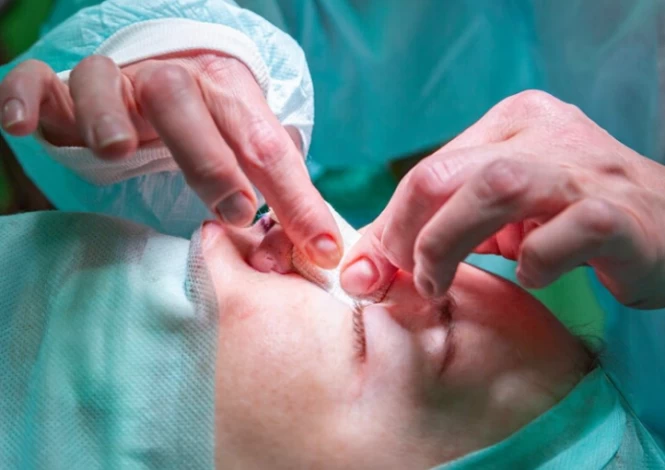
Conclusion
In general, a nose job is a popular plastic surgery through which the shape or size of the nose is changed. Contrary to popular belief, preparing for rhinoplasty is as essential as its post-operative care and can highly affect the operating results and facilitate the recovery procedure. Iran, one of the most popular destinations for rhinoplasty, has advanced clinics and hospitals for nose jobs and the most qualified rhinoplasty surgeon.
If you need more information about the rhinoplasty cost in Iran, the best Iranian surgeons for a nose job, how to apply for a medical visa, how to book accommodation near the hospital in Iran, etc., contact Raadina Co.
Contact us for a free initial consultation about Rhinoplasty
FAQs on What to Do Before Rhinoplasty
What should I pack in my hospital bag for rhinoplasty?
You should have an ID, your cellphone, headphones, comfortable button-up clothing, a pair of slippers or socks, clean underwear, warm clothing, a book, a moisturizer, lip balm, and your current medications with you when you go to the hospital for getting a nose job.
Can I drink coffee before rhinoplasty?
It would help if you refrained from having soda, coffee, and milk 24 hours before rhinoplasty as they may interfere with anesthetics used during the operation.
Can I use moisturizers before a nose job?
You can use moisturizers and topical creams 24 hours before nose job surgery.
What is the worst day of rhinoplasty recovery?
The first three days after the nose job surgery are the hardest and most painful, as the wounds are still fresh and the swelling is at its peak.
What happens if I hit my nose 5 after rhinoplasty?
If you accidentally hit your nose during the first week after rhinoplasty and your nose bleeds or swells excessively, you should contact your doctor immediately; however, if the bump is moderate and you don’t have nosebleeds, you have nothing to worry about.
What soft foods should I eat before a nose surgery?
Prior to rhinoplasty, it’s best to stick to easily digestible foods like yogurt, smoothies, soups, and scrambled eggs to prevent stomach discomfort and ease recovery.
Can I drink water before rhinoplasty?
Usually, surgeons advise no food or drink 6–8 hours before surgery, but small sips of water may be allowed; always follow your doctor’s instructions.
Should I stop medications before a nose job?
Certain medications like blood thinners should be paused, but consult your surgeon for a full pre-op medication plan.
Is it okay to wear makeup before rhinoplasty?
No, all makeup should be removed on the day of surgery to reduce infection risk and ensure proper sterile conditions.
How early should I arrive at the clinic for pre-op checks?
It’s recommended to arrive 1–2 hours early for vitals, paperwork, and final consultation with your surgeon.


 WhatsApp
WhatsApp
 Telegram
Telegram
 Facebook
Facebook
 Email
Email

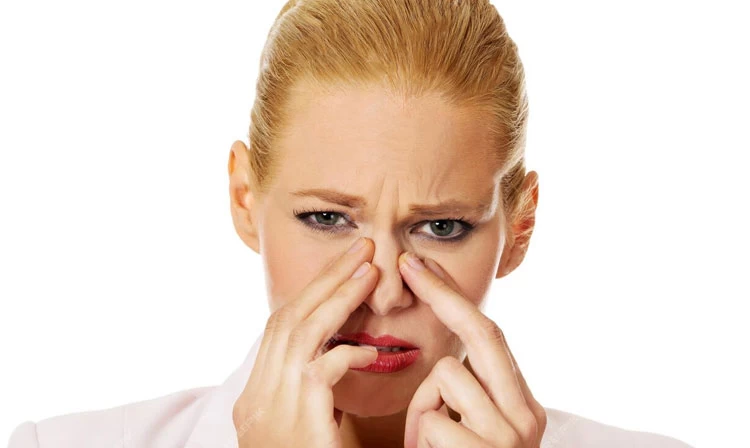
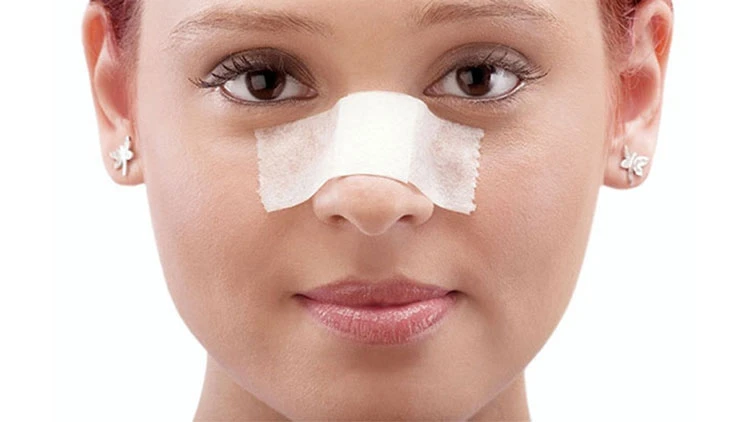
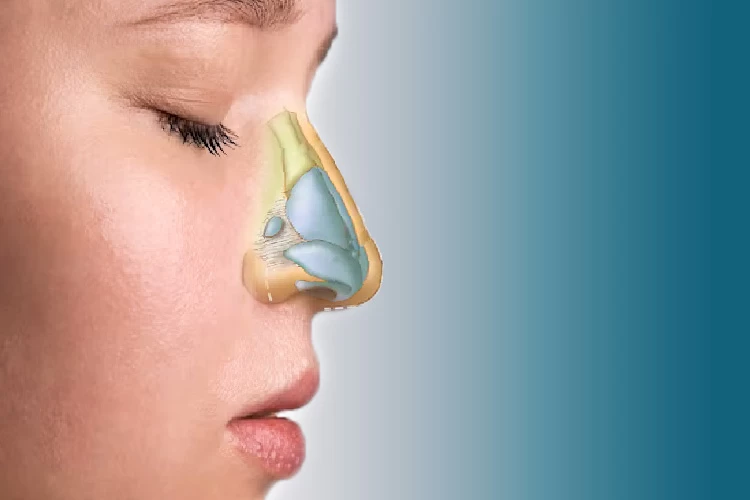
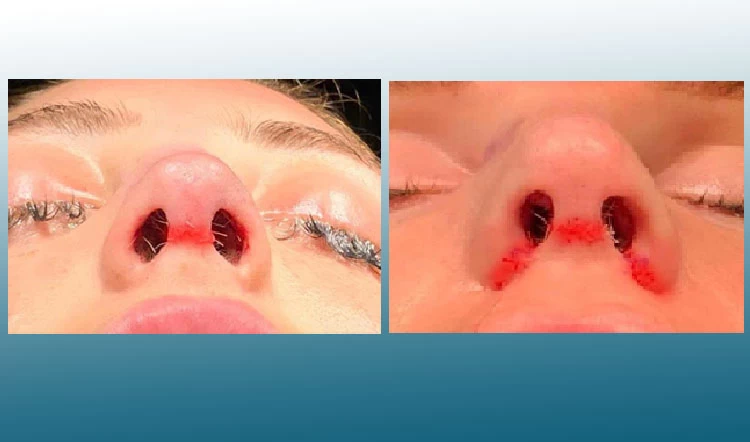
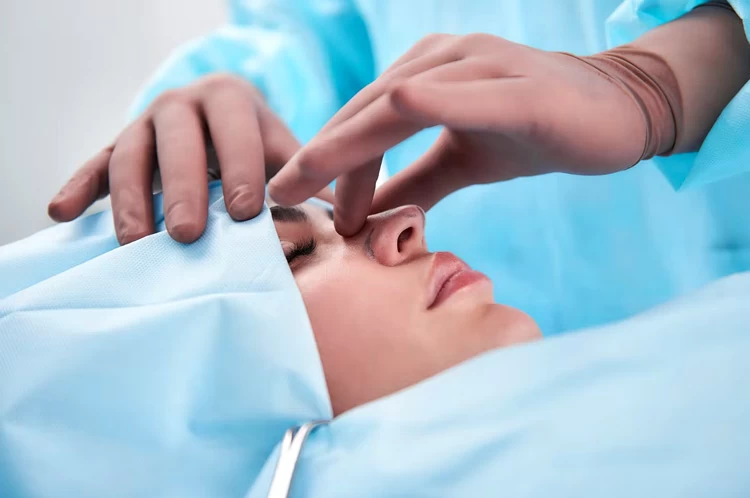
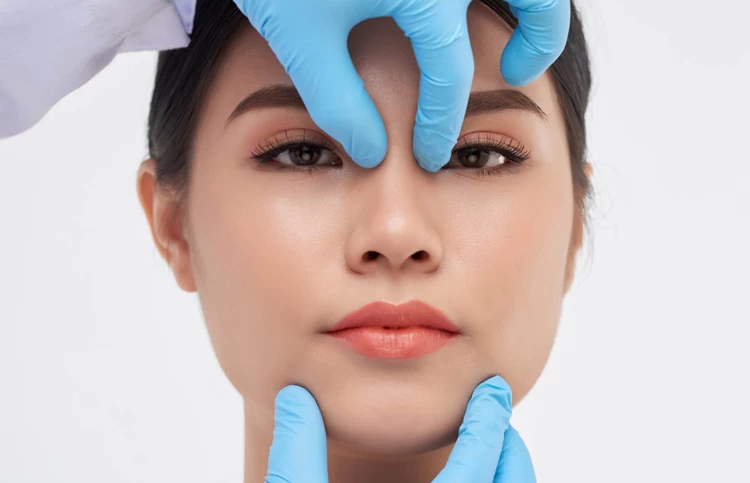
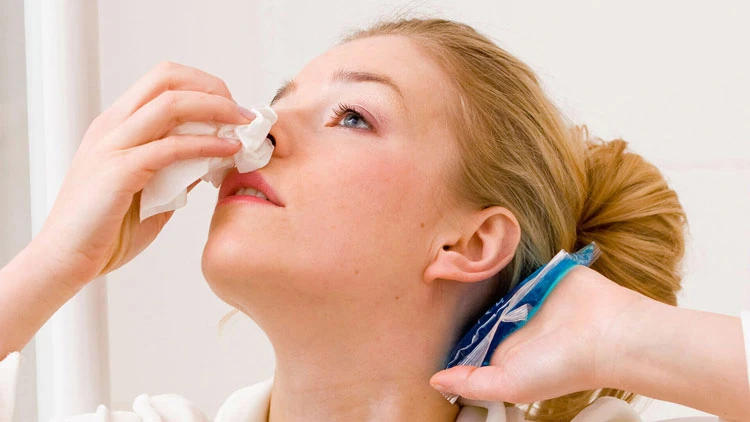

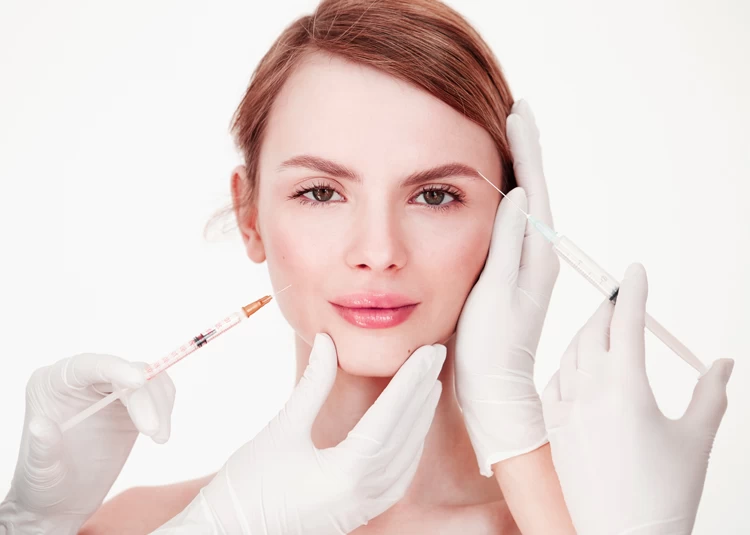
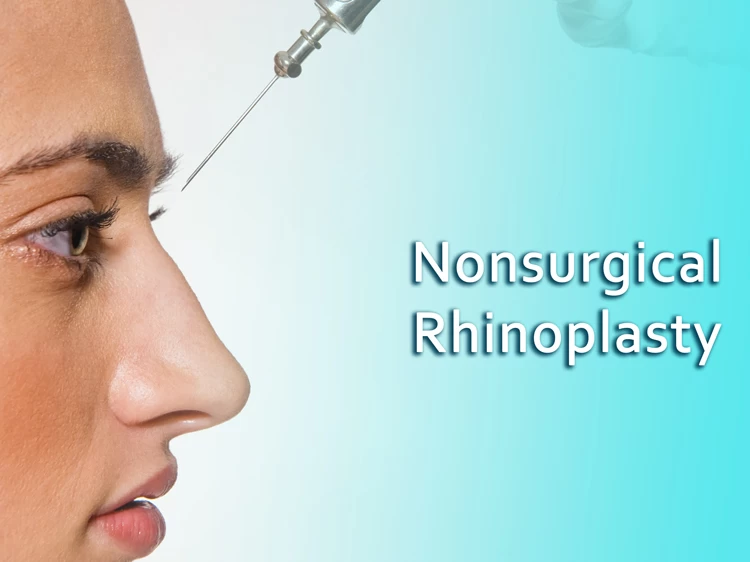
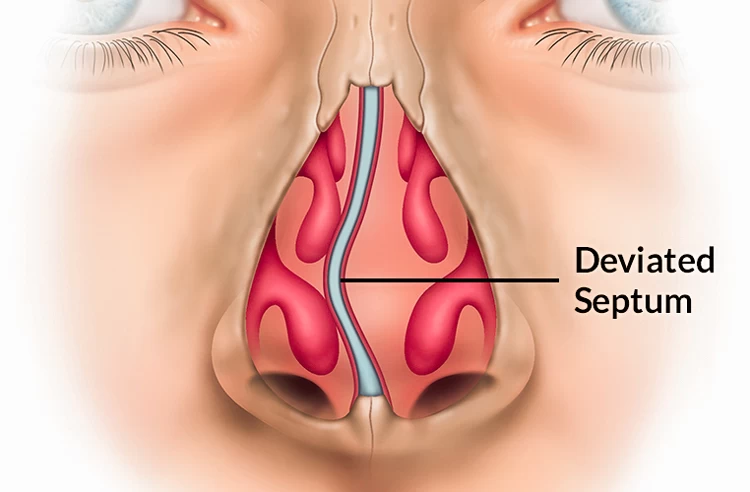
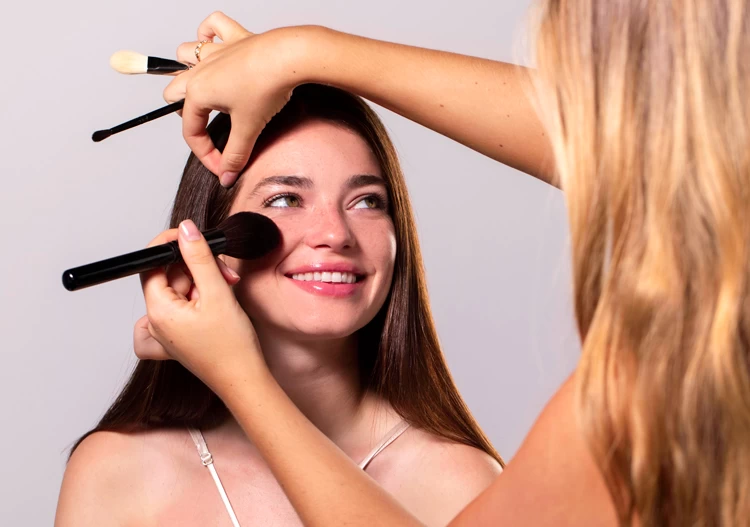
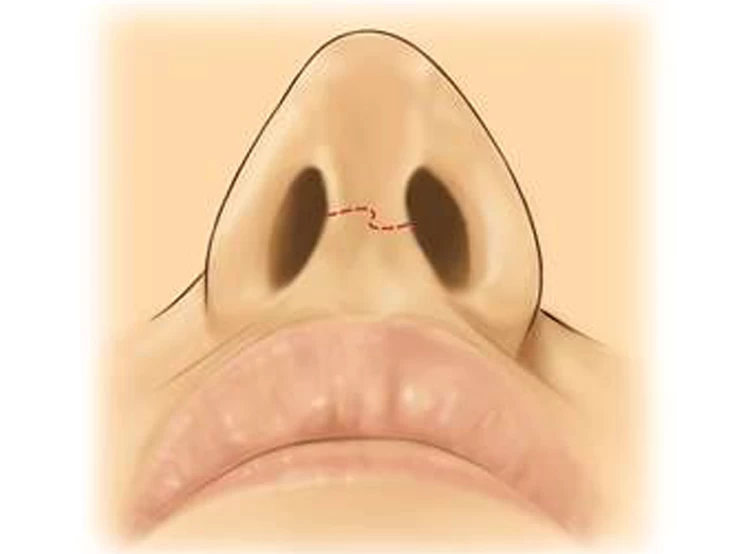
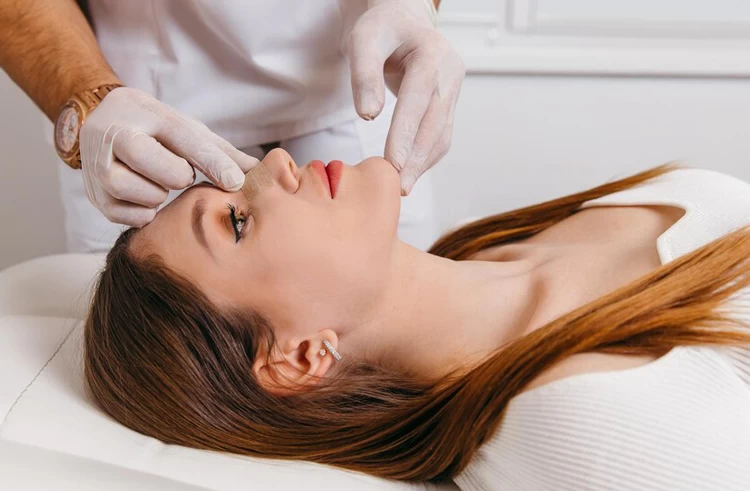

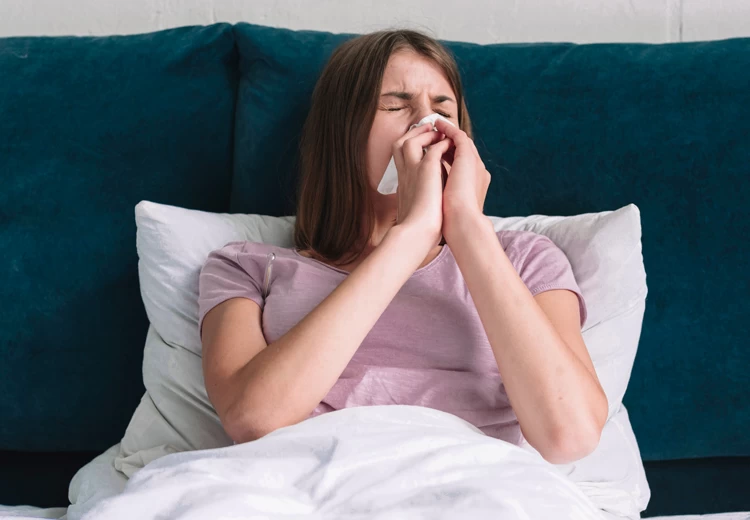
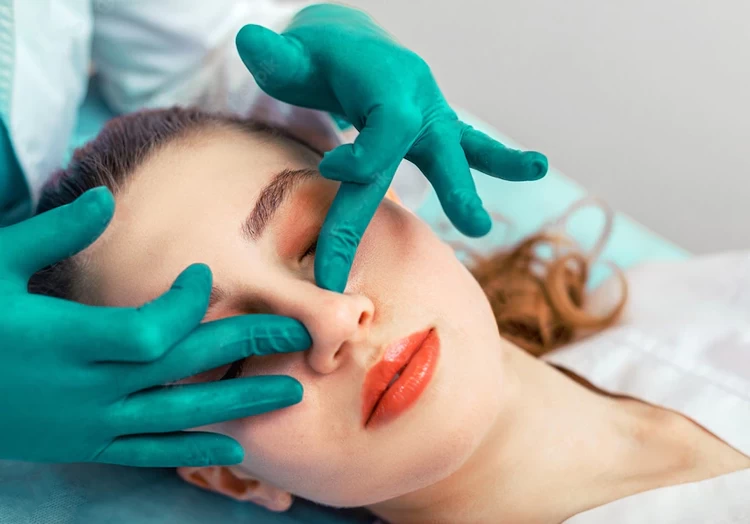
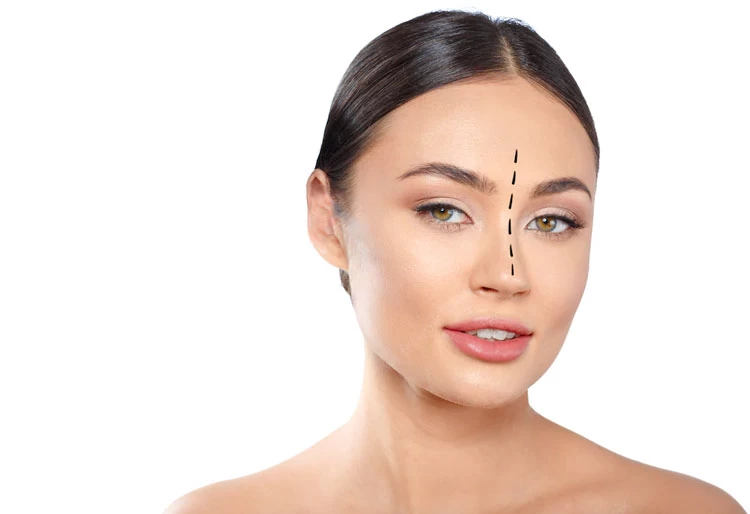

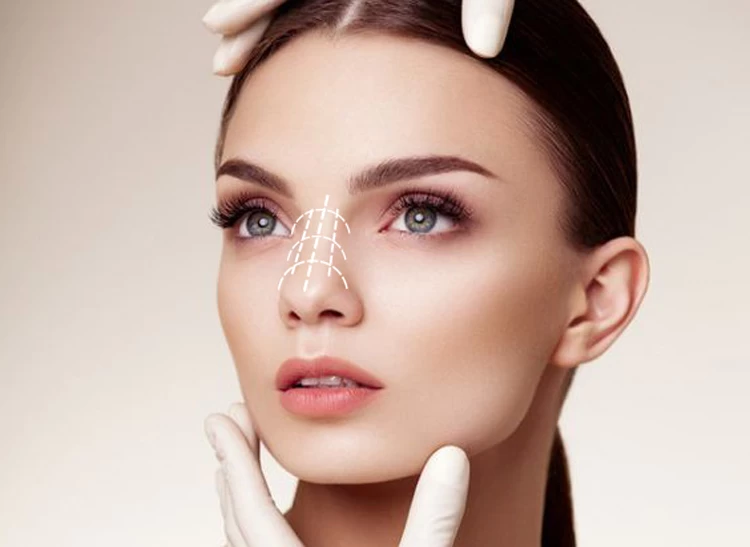
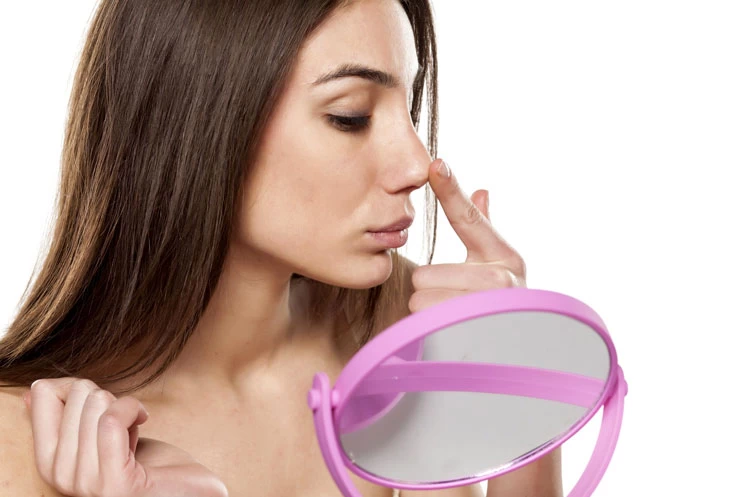
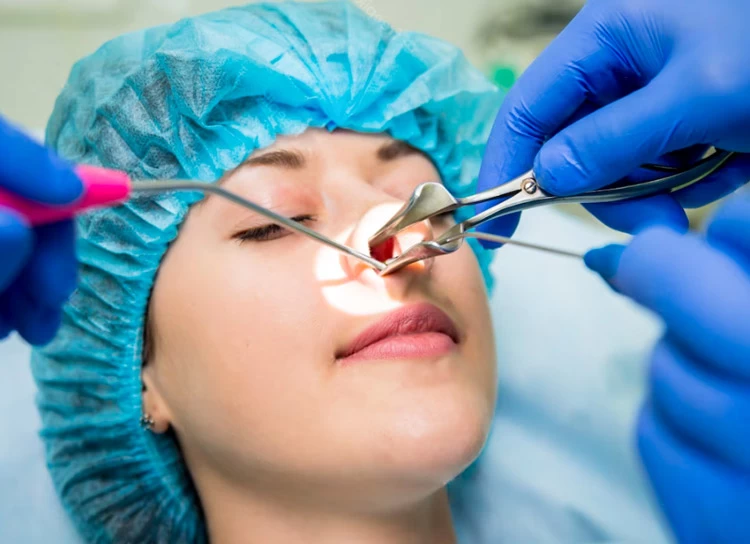
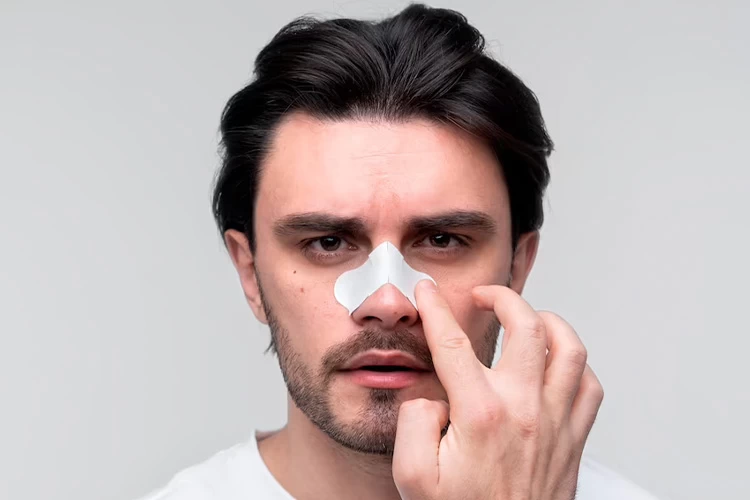
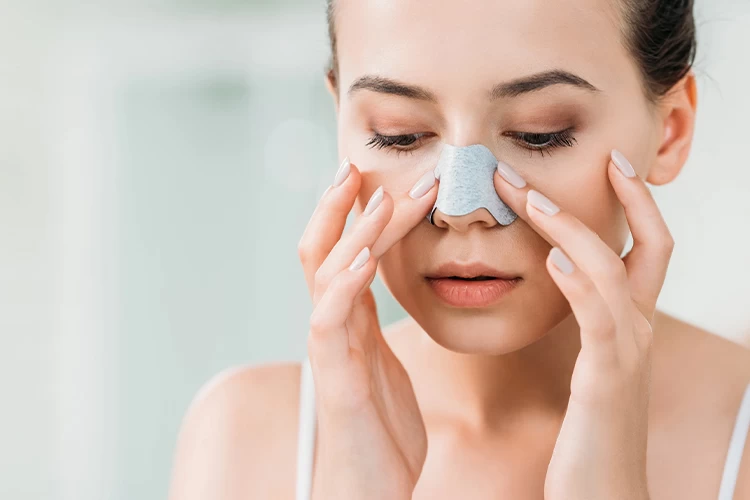
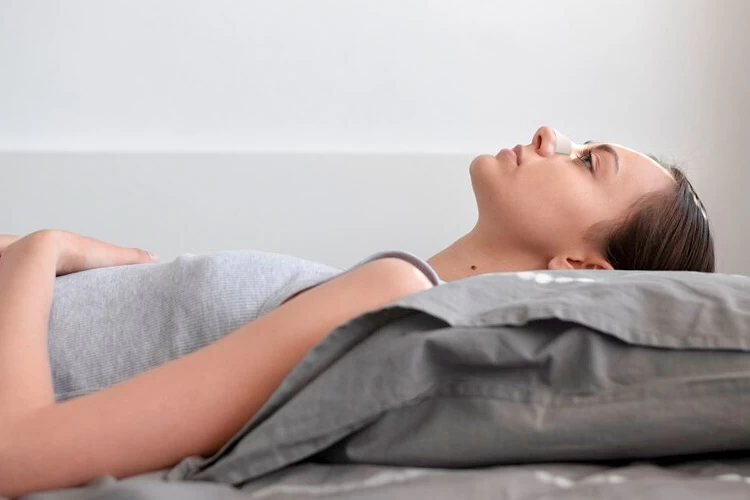
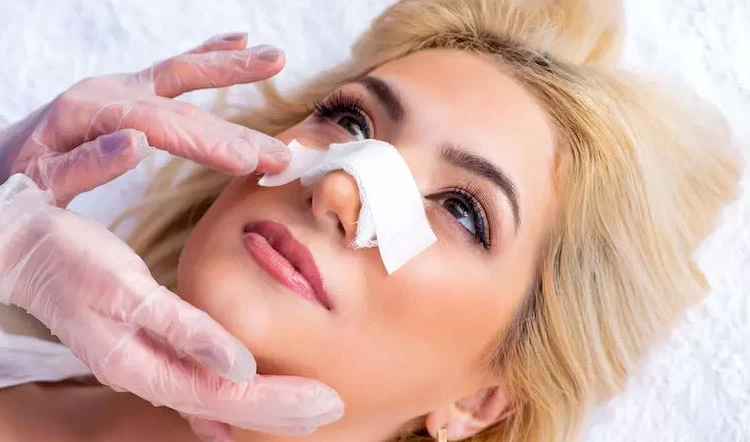
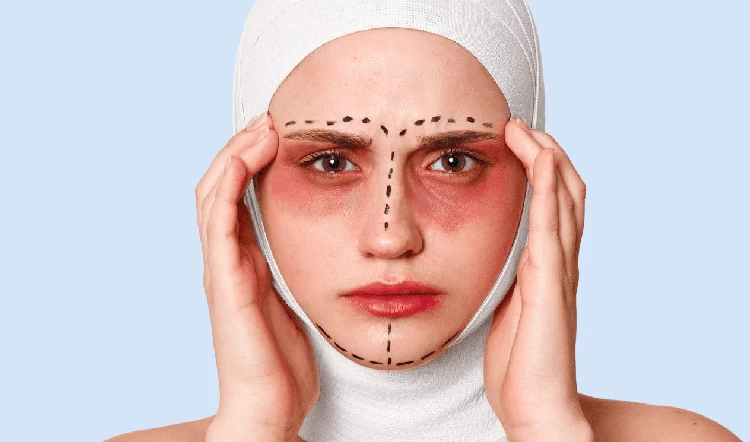
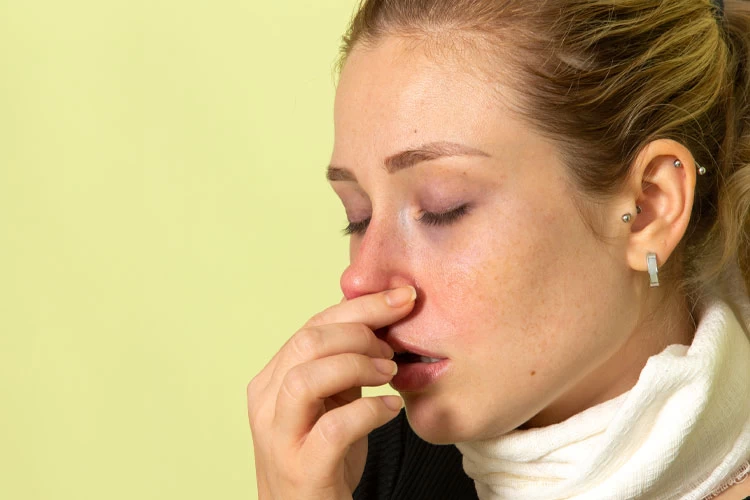
No reviews
Your comment